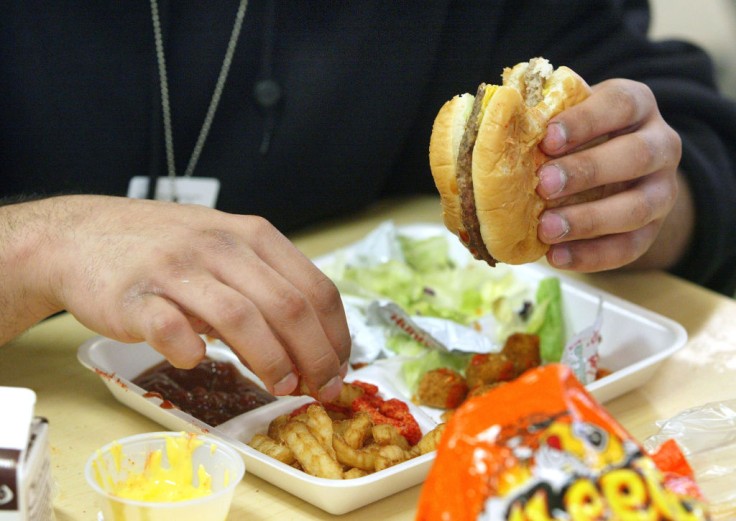
A school district in Wisconsin has earned the ire of many parents after its board members decided to drop a federally-funded free meals program for the students.
As with all schools in Wisconsin, board members of the Waukesha School District signed up for the free meals program in 2020, during a challenging pandemic. This year, however, every public school student in the state will get to eat for free except for those attending Waukesha Public School.
According to the school board president, Joseph Como, the move was made as "part of normalization" since they wanted to return to a pre-pandemic lunch program. Karin Rajnicek, a school board member, said that the federally-funded free meals program made it easier for many families to feel spoiled. Assistant Superintendent Darren Clark also noted that there were concerns that the program promoted a "slow addiction" to the free service.
Read Also: How To Use the IRS Child Tax Credit Portal
Preventing Students' Hunger
In April 2021, the U.S. Department of Agriculture announced extending the federally-funded free meal program to cover 12 million students experiencing food insecurity. Lawmakers who supported this move said that this was a way for the government to ensure that students will not go hungry amid a trying public health crisis.
However, the school board believes that their students' families can afford to buy a meal since providing food is a parent's responsibility. Rajnicek reasoned during the board meeting that it's easy to get sucked into the system that may allow parents to feel that it's now "everyone else's problem" to provide food for their children.
Thus, the Waukesha School District said it would be reinstating the National School Lunch Program, where families should apply to qualify for a free or discounted meal pricing for their kids.
However, Debra Wollin of Wisconsin's Department of Public Instruction has asked the school district to reconsider their decision, noting that child hunger in the county has increased from 9 to 13 percent between 2019 to 2020. Based on their records, some 4,249 students (36 percent) were eligible for the National School Lunch Program during the 2018-2019 school year. Wollin said that families who may not qualify for this old plan are still hard-up on resources this year.
Kids Aren't Eating
A school assistant revealed to The Washington Post that she witnessed children not eating in school since they were not eligible for the National School Lunch Program or their parents didn't apply to be qualified.
Studies from various pediatric medical journals have documented how hunger affects children's performance and behavior in school. Kids who do not get proper nourishment have lower academic scores, frequent absences, and likely repeat a grade level.
Parent Heidi Chada is also hoping the board will reconsider because they are the only school in the state to opt-out of the program. The mom said that it sends out a message to families that the health of the kids is not important to the board.